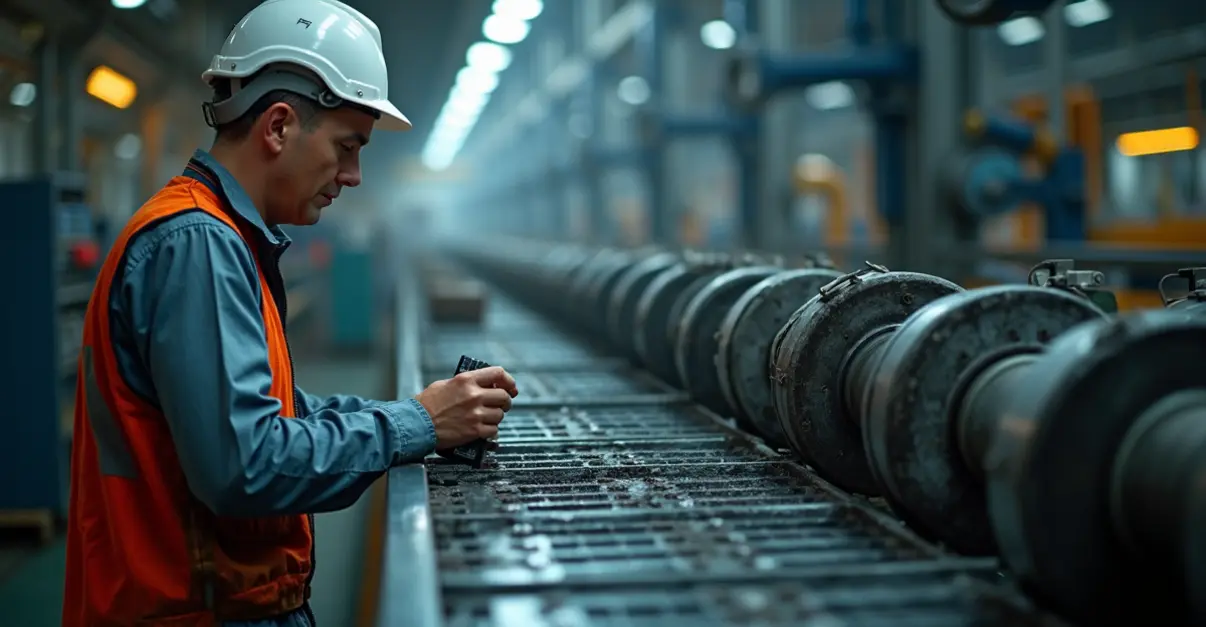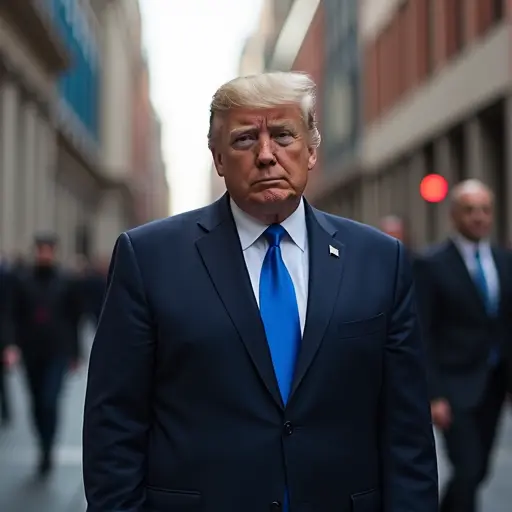EU-US Trade Agreement Reaches Implementation Phase
The European Union and United States have finalized the technical implementation details of their landmark trade agreement, bringing much-needed clarity to European exporters, particularly the automotive sector. After weeks of intensive negotiations, both parties agreed to cap US import tariffs on EU goods at 15%, significantly lower than the 30% previously threatened by the Trump administration.
Automotive Sector Relief
The agreement provides specific relief for the automotive industry, which had been facing uncertainty about whether the 15% tariff ceiling would apply to vehicles and auto parts. European Commission Trade Commissioner Maros Sefcovic confirmed that automobiles, pharmaceuticals, semiconductors, and wood products will all benefit from the reduced tariff rate.
"This represents a strategic breakthrough in transatlantic trade relations," stated Commissioner Sefcovic. "We have successfully averted a full-scale trade war that would have been devastating for jobs, economic growth, and stability on both sides of the Atlantic."
German Automotive Industry Breathes Sigh of Relief
German automakers, who export substantial volumes to the American market, particularly welcomed the clarity. During the negotiation period, German automotive exports faced temporary tariffs as high as 27.5%, creating significant uncertainty for manufacturers like Volkswagen, BMW, and Mercedes-Benz.
The United States attached a condition to the automotive tariff reduction, requiring the EU to present legislation eliminating tariffs on American products. Commissioner Sefcovic indicated this legislation would be presented before the end of August 2025.
Ongoing Negotiations and European Concessions
Not all sectors have achieved full clarity. French wine producers continue to await final decisions on alcohol tariffs, with negotiations between the two trading blocs still ongoing. The EU has committed to opening its market to American agricultural products including fish, nuts, dairy, fruits, seeds, and meat products in exchange for the tariff limitations.
The European Commission will urgently convert the agreement into EU legislation, requiring approval from member states and the European Parliament. The Commission hopes the reduced automotive tariffs can be applied retroactively from August 1, 2025.

 Nederlands
Nederlands
 English
English
 Deutsch
Deutsch
 Français
Français
 Español
Español
 Português
Português










